Shivaratri fair at Gokarna is a fine example which shows the cultural mix of different ethnic groups. You get to see people from all over the world here during the fair. Everyone coming here may not be pilgrims but if seen from the bird’s eye view the whole fair looks so colorful and richer in diversity.
Gokarna‘s history dates back to mythological ages. Shivaratri fair here is one of the biggest fair happening in Karnataka and is in observance from ages. Pilgrims visit all over from India and stand in a kilometer long lines to get Darshana of the god Shiva . Apart from this having some finest beaches in the country Gokarna attracts lakhs of western tourists every year. Usually the season for the beaches ends by February before the scorching summers start but many extend their stay just to watch the fair . So all these mix of cultures make the whole fair an interesting affair and a beautiful chaos everywhere .
It was lovely contrasty evening. Through the temporary tents which are put up to save the pilgrims form the scorching heat, light was leaking through the gaps and holes and falling on passing pilgrims . I decided to shoot for 30 minutes and make some portraits of passing people .
Location :Gokarna, UttaraKannada
Type: Cultural fair
Occurrence: Annual
Time : February or early March
Hindu Calendar time: Shivaratri day
This story is part of my ongoing project ” Folk practices of Karnataka” from years. There is a need of visual documentation of these practices as most of the practices are either dying or changing due to modern metamorphosis . I am not in the favor of starting a debate whether these practices are good or bad and it is not up to my current knowledge . So please consider this body of work as photo-documentation of the practices.
How you can help me ?
- By reading these articles, looking at photos and sending me feedback, suggestions .
- By spreading these articles to the world by sharing on social networks , emails etc so that an awareness is created
- By Letting me know such practices in your region, reach if you think it deserves a visual record provided the region is Karnataka. You can send email to folkpractices@dineshmaneer.com and I will take necessary steps.
- By publishing the articles in your dailies , magazines, books etc which will benefit both financially as well as reaching people
- By buying photos, prints, offering me shelter 😉 when I am at your place for photographing .
ಇಲ್ಲಿ ಬರುವ ಲೇಖನಗಳು ಮತ್ತು ಛಾಯಾಚಿತ್ರಗಳು ನನ್ನ ” ಕರ್ನಾಟಕದ ಜನಪದ ಆಚರಣೆಗಳು” ಎಂಬ ಪ್ರಾಜೆಕ್ಟ್ ನ ಭಾಗಗಳಾಗಿವೆ. ಶತಮಾನಗಳಿಂದ ಆಚರಣೆಯಲ್ಲಿರುವ ಈ ನಶಿಸುತ್ತಿರುವ ಸಂಸ್ಕೃತಿಗಳನ್ನು ಚಿತ್ರಗಳಲ್ಲಿ ಹಿಡಿದಿಡುವ ಪ್ರಯತ್ನವನ್ನು ಕಳೆದ ಎರಡು ವರುಶಗಳಿಂದ ಮಾಡುತ್ತಿದ್ದೇನೆ . ಈ ಆಚರಣೆಗಳು ಸರಿಯೋ ತಪ್ಪೋ ಎನ್ನುವುದನ್ನು ಸಾರುವ ಉದ್ದೇಶ ನನ್ನದಲ್ಲ. ಅಲ್ಲದೇ ಅದು ನನ್ನ ಸದ್ಯದ ತಿಳುವಳಿಕೆಗೆ ಎಟುಕದ ವಿಷಯ. ಓದುಗರು ದಯವಿಟ್ಟು ಈ ಪ್ರಯತ್ನವನ್ನು ಆಚರಣೆಗಳ ಪರ ಹಾಗು ವಿರೋಧದ ಚರ್ಚೆಯಾಗಿ ತೆಗೆದುಕೊಳ್ಳದೆ ಇವುಗಳ ದೃಶ್ಯದಾಖಲೆಯಾಗಿ ಪರಿಗಣಿಸಬೇಕು ಎಂಬುದು ನನ್ನ ವಿನಂತಿ.
ನೀವು ಹೇಗೆ ನನಗೆ ಸಹಾಯ ಮಾಡಬಹುದು?
1) ಈ ದೃಶ್ಯಲೇಖನವನ್ನು ಓದುವುದರ ಮೂಲಕ , ಸಲಹೆಗಳನ್ನು ಕೊಡುವುದರ ಮೂಲಕ, ಪ್ರತಿಕ್ರಿಯೆಗಳನ್ನು ಕೊಡುವುದರ ಮೂಲಕ
2) ನಿಮ್ಮ ಗೆಳೆಯ ಬಂಧುಗಳಲ್ಲಿ ಈ ಕೊಂಡಿಯನ್ನು (link) ಹಂಚಿಕೊಳ್ಳುವುದರ ಮೂಲಕ
3) ನಿಮ್ಮ ಸನಿಹದಲ್ಲಿ ಈ ತರಹದ ಯಾವುದಾದರು ಅಚರಣೆಗಳಿದ್ದಲ್ಲಿ ಅವುಗಳನ್ನು ತಿಳಿಸುವುದರ ಮೂಲಕ
4) ಪತ್ರಿಕೆಗಳಲ್ಲಿ , ಸಾಪ್ತಾಹಿಕಗಳಲ್ಲಿ , ಮಾಸಿಕಗಳಲ್ಲಿ ಪ್ರಕಟಿಸುವುದರ ಮೂಲಕ, ಪುಸ್ತಕಗಳಲ್ಲಿ ಪ್ರಕಟಿಸುವುದರ ಮೂಲಕ
5) ಛಾಯಾಚಿತ್ರಗಳನ್ನು , ಚಿತ್ರಮುದ್ರಣಗಳನ್ನು ಖರೀದಿಸುವದರ ಮೂಲಕ-thank you
Dinesh Maneer
Dinesh Maneer
Photographer. Writer .Trekker.Traveler.Businessman based out of Karnataka, India
2 Comments
Comments are closed.
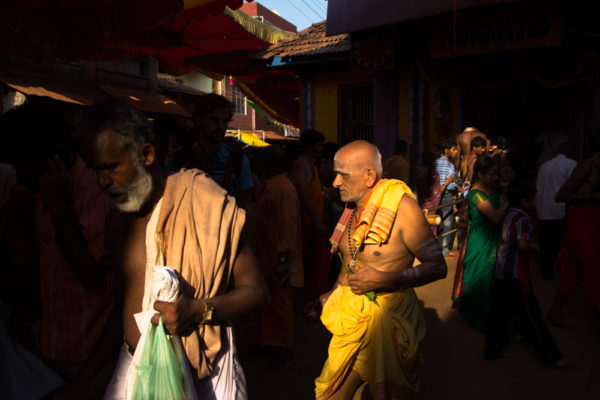
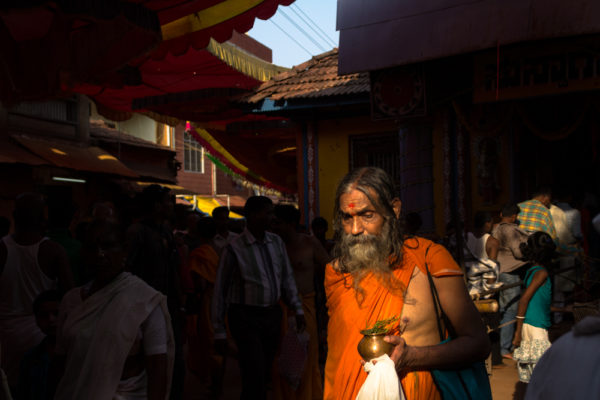
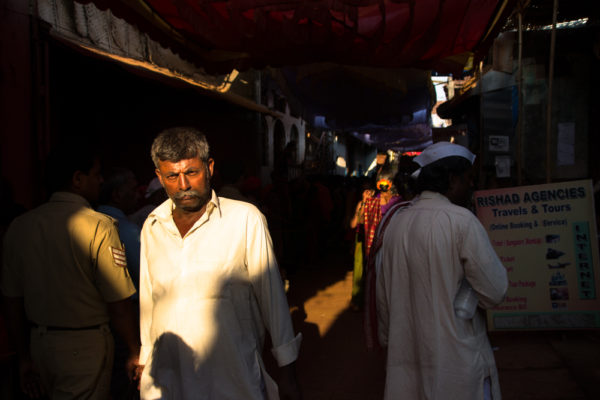
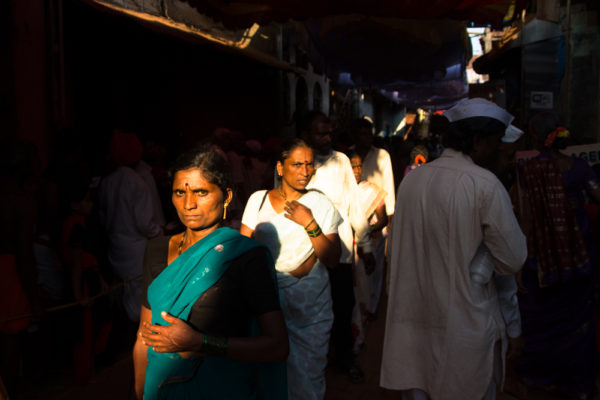
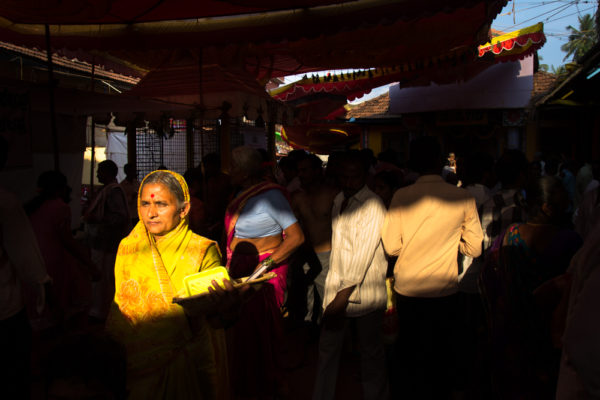
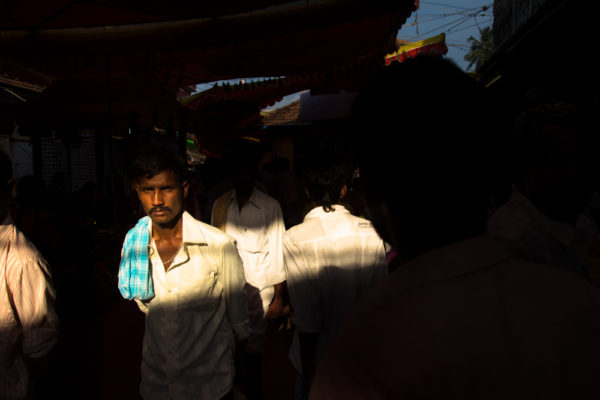
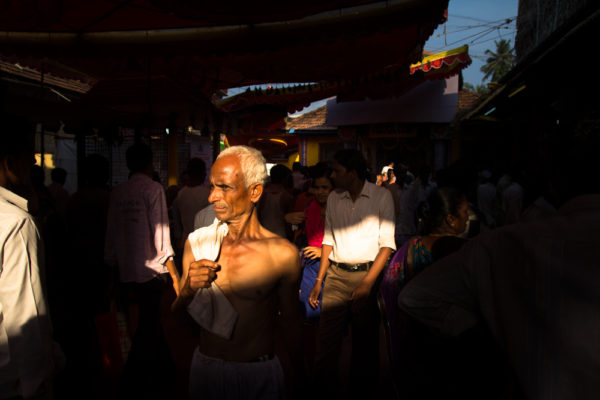
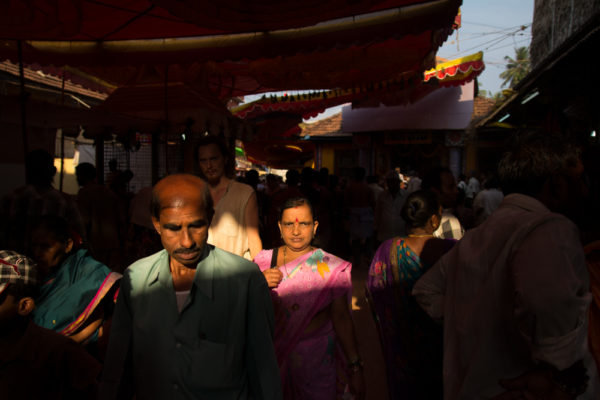
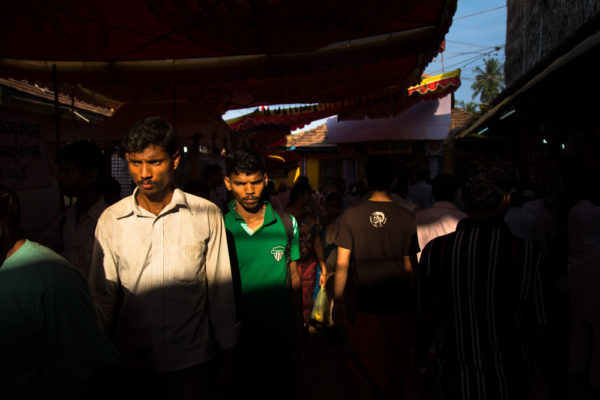
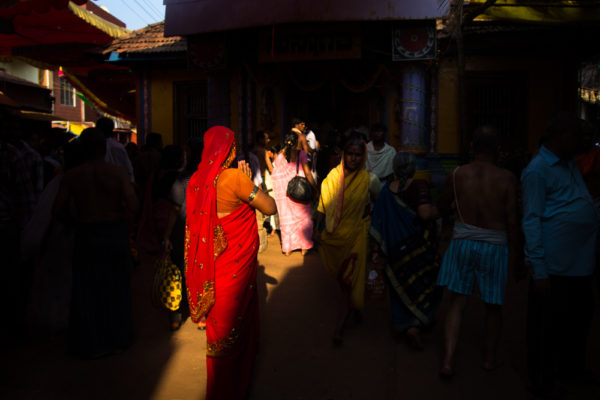
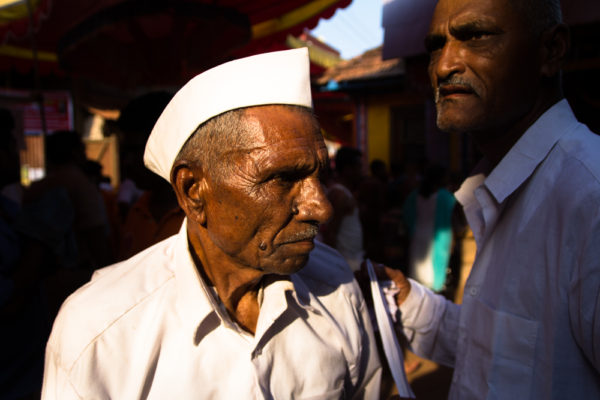
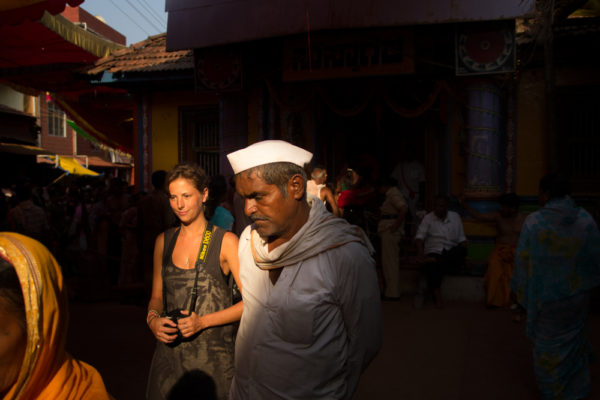
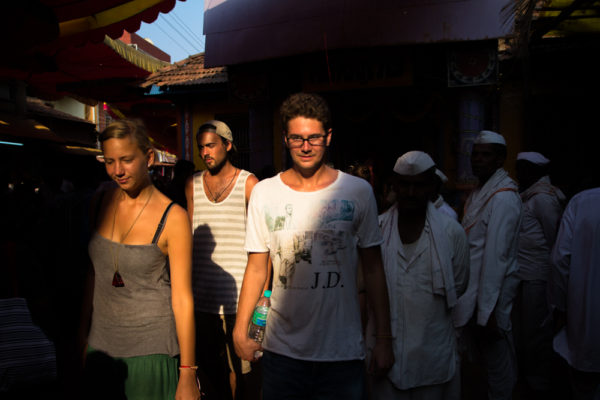
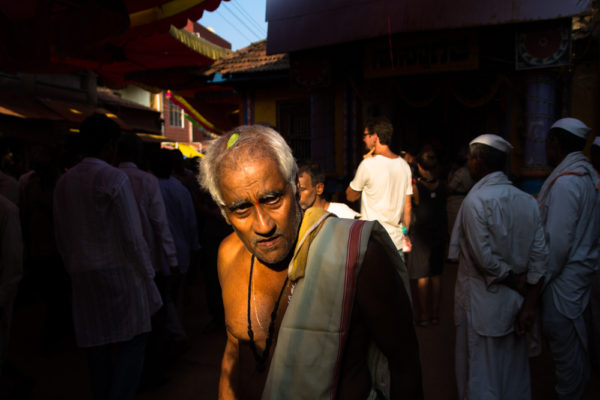
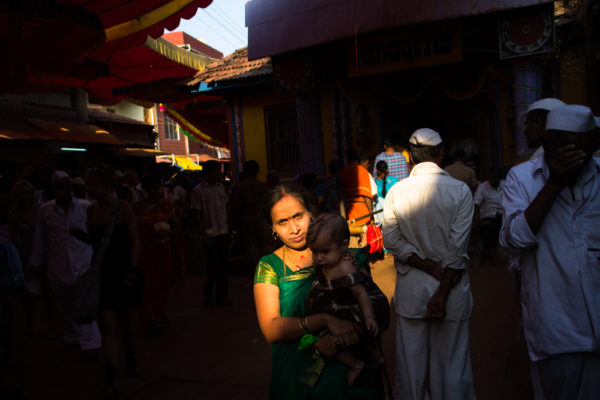
When does the Shivratri fest happen?
Priyanka, it happens on Shivaratri day